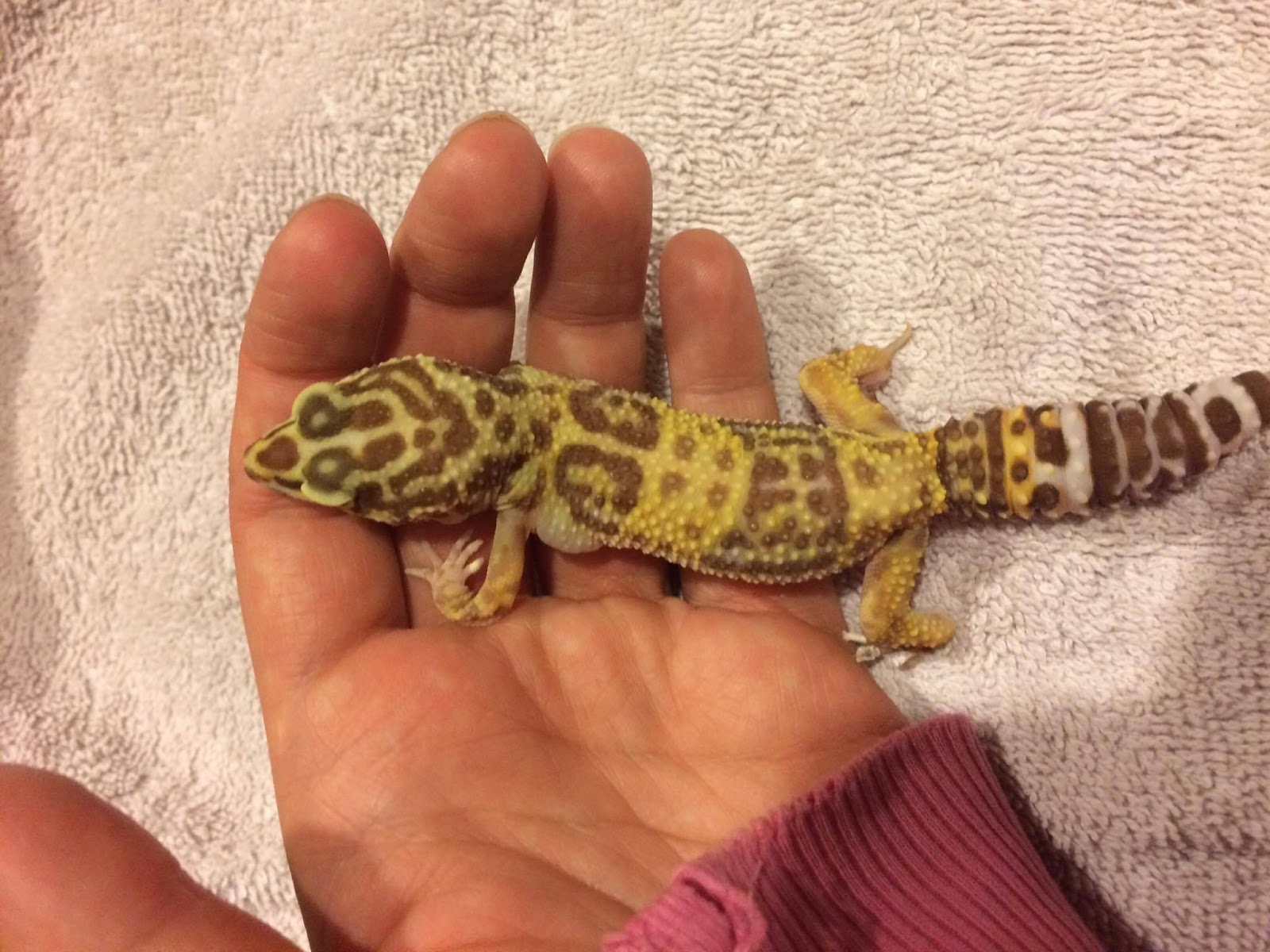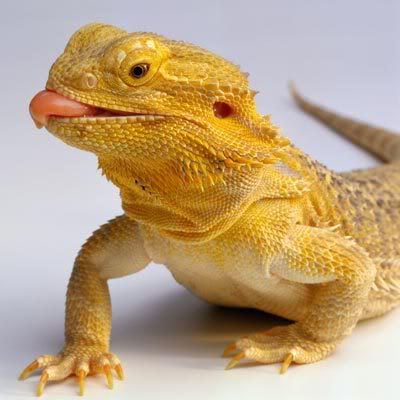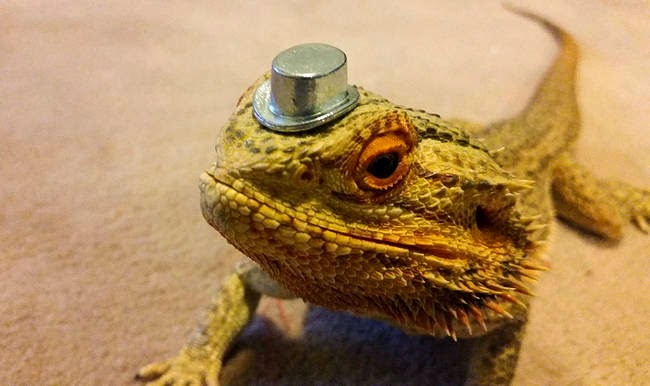Why is My Bearded Dragon Black: Causes, Symptoms and Prevention
Why is My Bearded Dragon Black?
Bearded dragons are one of the most popular pet reptiles, characterized by their docile nature and distinctive appearance. As with any pet, it’s essential to observe and understand their behavior, feeding habits and physical changes to ensure they’re healthy and happy.
One of the most common concerns among bearded dragon owners is when their pet turns black. This sudden change in colour can cause a lot of anxiety and worry, especially for beginners without a lot of experience. In this article, we’ll discuss why bearded dragons turn black and what you can do to help them.
Reasons Why Bearded Dragons Turn Black
There are several reasons why your bearded dragon may turn black. Here are some of the most common ones:
1. Stress
Bearded dragons can become stressed due to several factors, such as overcrowding, inadequate lighting or temperature, improper diet, lack of stimulation or interaction. Stress can cause your pet to turn black and flatten its body, trying to appear larger and more intimidating to predators. If you suspect stress is causing the darkening, try to identify and address the root cause.
2. Illness or Injury
Sometimes, a bearded dragon will turn black because of an underlying medical issue or injury. For example, a parasitic infection, metabolic bone disease or impaction can cause your pet to feel unwell and discoloured. Additionally, a sudden drop or spike in temperature or humidity, a fall or bite from another animal could cause blackening. Make sure to observe other symptoms such as lethargy, loss of appetite, diarrhoea or abnormal body posture.

3. Shedding
One of the natural behaviours of bearded dragons is shedding their skin. During this process, they may turn darker or even black, as the old skin becomes dry and flaky. If you notice black patches on your pet’s body along with shedding, don’t worry, it’s just a part of their life cycle. You can help them by providing enough hydration, as well as a rough surface to rub against, like a piece of wood or a rock.

What to Do When Your Bearded Dragon Turns Black
It’s crucial to determine the cause of the blackness before taking any action. Once you’ve ruled out any serious medical problems, you can try these tips:
- Check the Environment
Make sure your bearded dragon’s enclosure is set up correctly and provides a comfortable and stimulating living space. Check the temperature, humidity, lighting, tank size, substrate and basking areas, as well as the availability of fresh water and nutritious food. Make sure the area where the tank is kept is low stress, and not susceptible to lots of constant noise or activity.

- Reduce Stress
If you suspect your pet is stressed, try to identify the cause and provide a soothing and peaceful environment. This could include covering the tank with a towel to block out noise or reducing the number of visitors to the area. You could also try providing a hiding spot or a piece of basking furniture to make them feel more secure.
- Offer Gentle Care
Provide your pet with gentle and regular care, such as misting them with water to maintain hydration or gently rubbing their skin with a piece of wood or a toothbrush to help with shedding. Make sure to handle them correctly, avoiding any sudden movements or gripping their tail, which is essential for balance and can cause them pain.
- Consult with a Vet
If you’ve tried these tips, and your bearded dragon is still black, or if you notice any other serious symptoms, it’s essential to consult with a veterinarian specializing in reptiles.
Conclusion
In summary, bearded dragons can turn black for several reasons, including stress, illness, injury or shedding. As a pet owner, it’s essential to observe any changes in behavior, feeding and physical appearance and address them promptly. Offering a healthy and stimulating environment, gentle care, and regular health checks can help your bearded dragon thrive and live a long and happy life.

